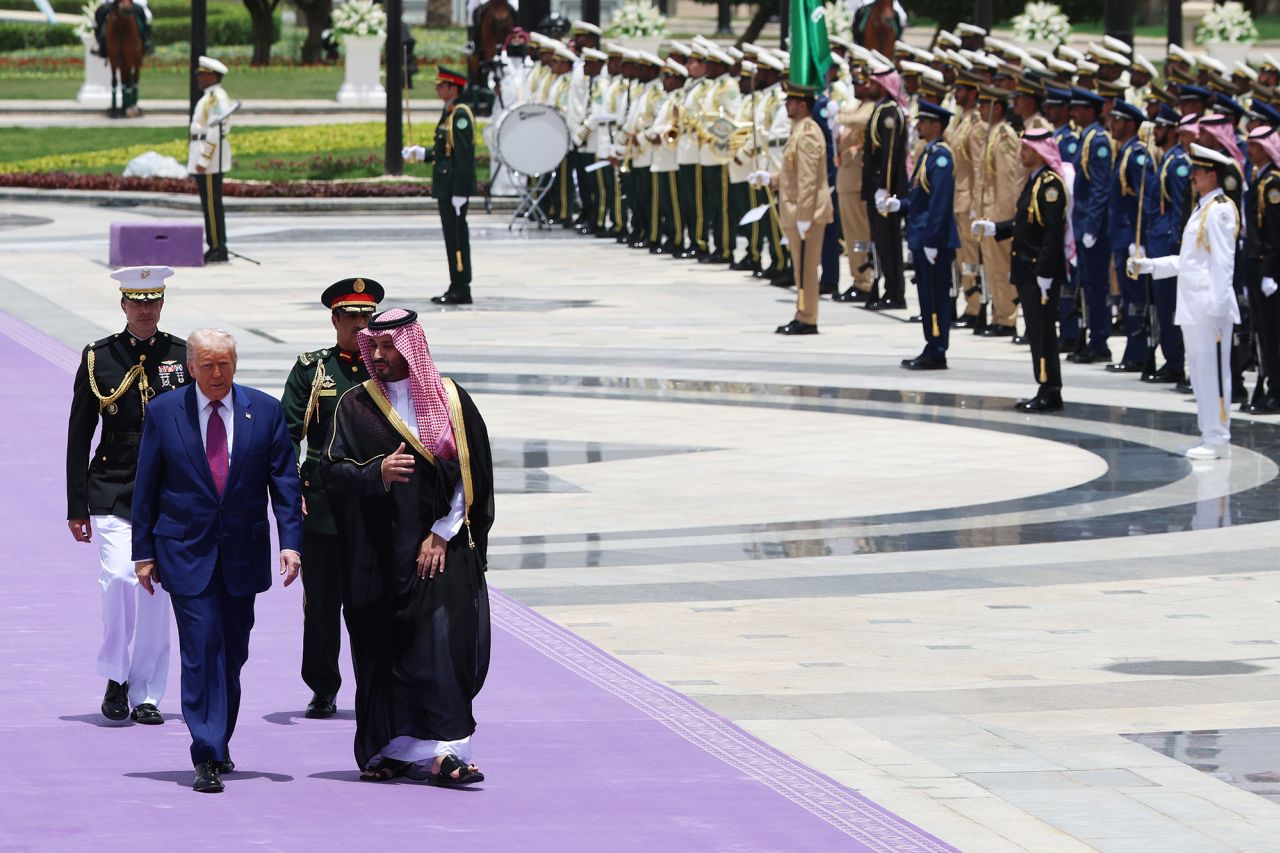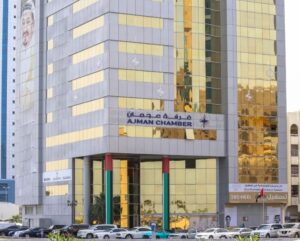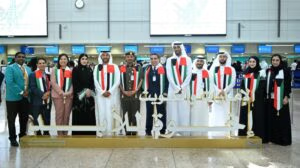As U.S. President Donald Trump visits key Gulf allies, each nation has its own agenda for deepening ties with Washington. Here’s a breakdown of what Saudi Arabia, the United Arab Emirates (UAE), and Qatar are hoping to get from the U.S.:
Saudi Arabia:
Riyadh is looking for a stronger U.S. security commitment to Gulf stability, especially amid regional tensions. A U.S.-Saudi defense and trade deal nearly materialized last year but stalled over Saudi Arabia’s demand that Israel commit to a path toward Palestinian statehood.
The kingdom is also pushing for U.S. cooperation on a civil nuclear program, but Washington has hesitated due to Riyadh’s desire to enrich uranium domestically—raising fears of nuclear weapons proliferation. If approved, U.S. firms could benefit from major contracts.
At the same time, Saudi Arabia is trying to shift away from oil dependency but still relies on oil revenue to fund that transition. Trump’s calls for lower oil prices may complicate that goal.
United Arab Emirates:
The UAE wants to position itself as a global tech and AI leader. It has pledged a massive $1.4 trillion investment plan over the next decade, targeting sectors like AI, semiconductors, and energy.
To realize its AI ambitions, the UAE needs access to U.S.-made advanced chips, making tech cooperation a top priority in talks with Washington.
Qatar:
Home to the largest U.S. military base in the Middle East, Qatar remains a strategic defense partner. It has also emerged as a key diplomatic player, mediating in conflicts from Gaza to Afghanistan. Analysts say these efforts are part of Qatar’s strategy to remain indispensable to U.S. interests in the region.






